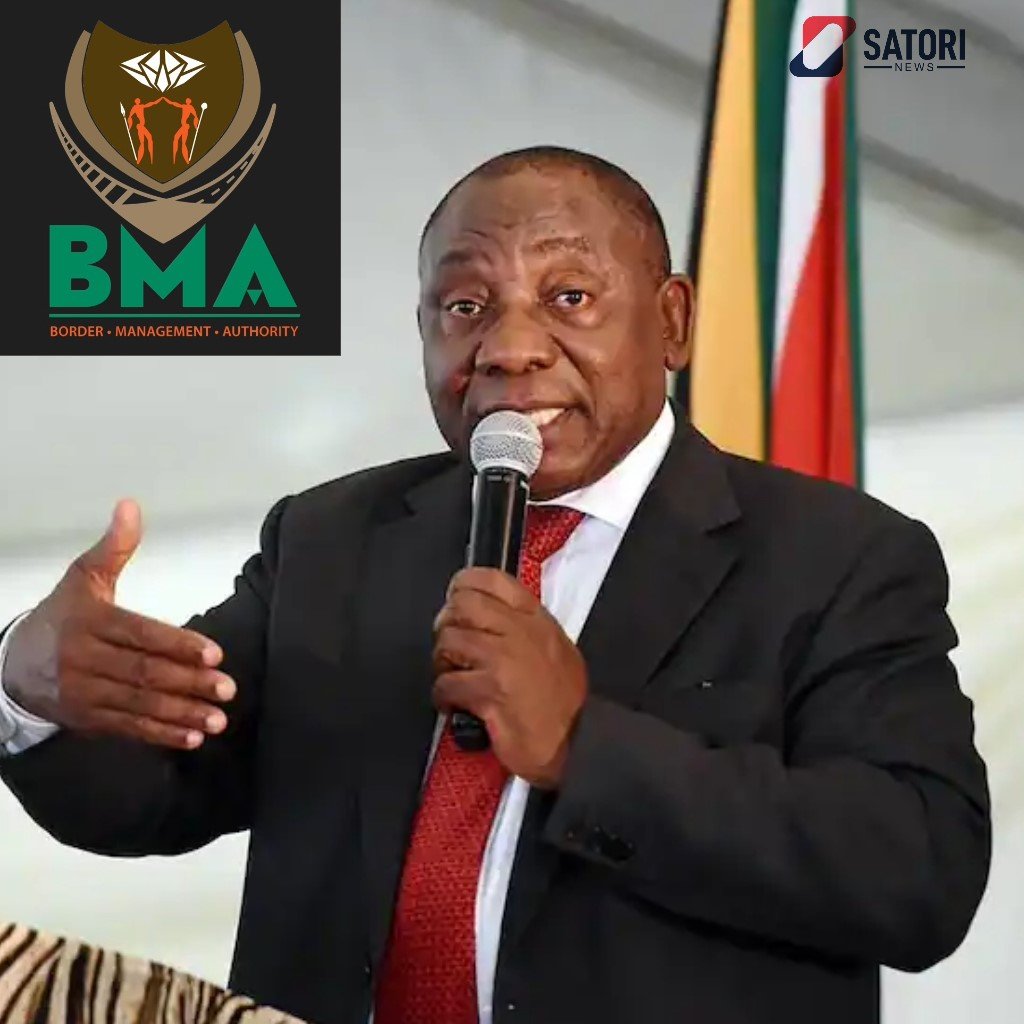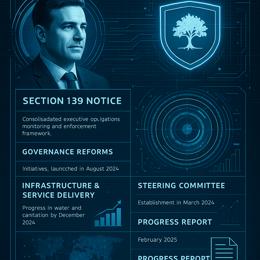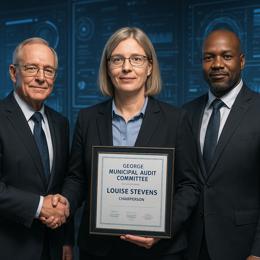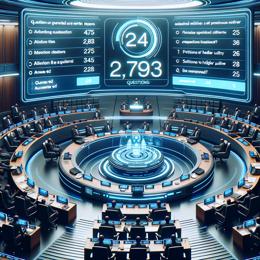Picture: for illustration purposes
President Ramaphosa Launches Border Management Authority to Ensure Sovereignty and Integral Development.
South African President Cyril Ramaphosa has stated the indispensable role of the newly launched Border Management Authority (BMA) in upholding the sovereignty of the country’s borders. Spanning over 4,800km and interfacing with six countries, South Africa's land borders, along with its numerous ports of entry, require vigilant management. The president has hailed the inception of the unified BMA as a significant stride in fortifying these borders.
Addressing both historical and contemporary challenges, Ramaphosa highlighted the apartheid regime's disregard of neighboring countries' sovereignty. The democratic government elected in 1994 took on the duty of progressively reforming the border management and migration regime which, the President believes, should resonate with the values of the new state.
Ramaphosa highlighted that the BMA's mission is two-fold: to heighten trade between South Africa and other Southern African countries, contributing to the region's political and economical integration, and to counteract the complexities of uncoordinated border management. The latter has resulted from the multitude of government departments involved, leading to a fragmented approach, lack of accountability and, ultimately, making the country's borders vulnerable to a myriad of illegal activities.
South Africa, the economic powerhouse of the region, continues to attract undocumented migrants, particularly from the Sadc region, a concerning issue that the BMA seeks to address. Furthermore, the president stated stringent border management is essential not only to combat illegal migration, illicit trade, and cross-border crime, but to guarantee the wellbeing of legal residents and uphold international conventions on refugees and asylum seekers.
Finally, Ramaphosa emphasized that while the BMA holds the responsibility of enforcing immigration laws and managing the ports of entry, the SA National Defence Force and the SA Police Service (SAPS) remain responsible for border protection.










